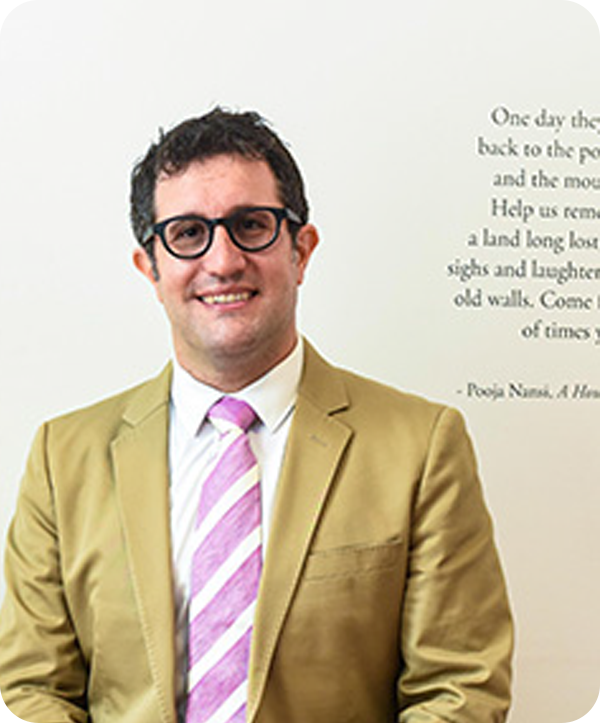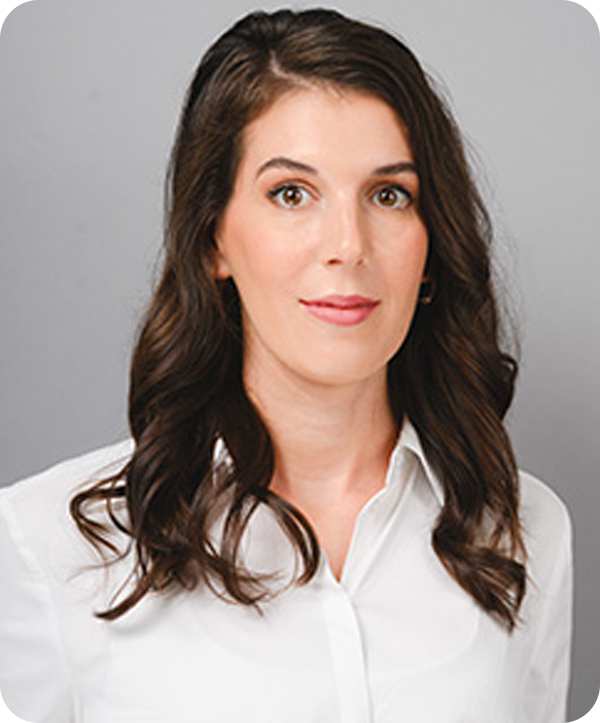Investors urged to double-down on plastic alternatives despite latest treaty failure- Siddharth Lulla, Partner-CAIF, Intellecap in Environmental Finance’s story

Efforts to reach a Global Plastics Treaty failed, leaving investors to drive the agenda forward, reports Jennifer Forrest
UN-led negotiations to develop an international legally binding agreement on plastic pollution prevention failed on Friday.
Sustainability-themed investors are disappointed by the outcome, but pledged to drive the agenda forward, amid hopes COP30 in Brazil could help drive interest in the theme.
A fresh round of negotiations for the Global Plastics Treaty in Geneva, Switzerland, over the past two weeks did not produce any form of deal or agreement, despite being extended for an extra day.
Disagreements centred on whether to focus on reducing virgin plastic production or mitigating pollution through better management, with mostly oil-producing nations, calling for a focus on recycling.
Negotiations – known as the Intergovernmental Negotiating Committee (INC) – involved more than 2,600 participants, including government ministers and other high-level representatives, observers and member delegates.
The INC began negotiating the Global Plastics Treaty in 2022. Previous negotiations in South Korea last December, also failed to secure agreement on a final text, and instead agreed a draft treaty – the ‘Chair’s Text’ – to be used as a starting point in this fresh negotiation round.
It is expected that the INC will set a future date to resume negotiations, although when this will be announced remains unclear.
Although global pressure to reach an agreement remains, investors fear the latest setback means success is increasingly uncertain.
He tells Environmental Finance the outcome is “disappointing, but not surprising”: “I still have hope that there are areas where there is global consensus, such as on improving waste management and standardising data and information.
“But a strong treaty is not the only path forward. There’s still room for coalitions of the willing – governments, companies, and investors – to move now on solutions we know work.”

Despite the Treaty’s latest breakdown, Schroders urges sustainable finance investors to plough ahead with investing in plastic alternatives.
“It is important [that] investors help maintain momentum when it comes to action on plastics,” Stephanie Williams, natural capital and biodiversity specialist at Schroders, says. “We believe investors must continue efforts to assess their exposure to plastic-related externalities and engage companies in line with the expectations we set out.”
Another key issue during talks regarded the mobilisation of capital towards developing countries to promote recycling and move away from plastic production.

Siddharth Lulla, partner at Intellecap – the advisory arm of Indian impact investor Aavishkaar Group – suggests blended finance vehicles are a way to achieve this, and investors should not wait for a global consensus.
stand,” he adds.
“Investors can also expand the use of outcome-based financing models, where returns are tied to measurable results, such as tonnes of plastic prevented from leakage, recyclate produced, or households newly served by collection systems.”

Kaplan believes the finance community could be a “significant force” with local policymakers and in regional investment opportunities, amid the withdrawal on a global stage.
“We know that smart policies enable investment opportunities and drive economic
development. Circulate Capital is not alone in this [view], but policymakers do not always understand the nuances and implications,” he says. “The investor community needs to continue to talk about where policies have had an impact – positive and negative – on the investments we’ve made.”
In lieu of policy change, investors should “double-down on scalable models” through capital allocation into reducing plastic reliance in value chains, “engage proactively” alongside working groups to align investor perspectives and practical measures, and “align messaging” with foundations and industry bodies to create pragmatic pathways away from plastic, according to Circularity Capital partner Jamie Butterworth.
Positive moves for circular economy finance came earlier this year, as the International Finance Corporation (IFC) published its ‘Harmonised Circular Economy Finance Guidelines’, providing consensus and standardisation as to what
constitutes a ‘circular investment’.

But many institutional investors are moving slowly on plastic-related investing. Circulate’s Kaplan said asset owners are “more talk than action” regarding their role, while Intellecap’s Lulla pointed to “slow” movement among the large institutional investors on incorporating plastic-related risks into their ESG frameworks.
Looking ahead to COP30 in November, investors hope to see standard-setting and clear target setting for reusing and recyclability and the promotion of plastic alternatives, in the shadow of the INC’s next round of negotiations.
“Communications from COP should clearly evidence the commercial benefits of circular business models: demonstrating to businesses, investors, and policymakers that these strategies are not just environmentally essential, but economically compelling,” Circularity’s Butterworth says.
Cornelia Frentz, the director of governance and sustainable investing at the European Circular Bioeconomy Fund (ECBF), believes the COP in Belem will provide the “ideal forum” for creating policies and thresholds for tackling plastic waste, in the absence of the Treaty.
“Fortunately, the EU has introduced an extended producer responsibility scheme, requiring manufacturers to finance collection and recycling. Such international policies, along with robust enforcement mechanisms, must be expanded and strengthened,”

she adds. “COP 30 presents an opportunity to agree on these policies and targets, and to take concrete steps toward their effective implementation.”
Investors also called on the redesign of alternative materials and promotion of embedded accountability for producers.
View full article



